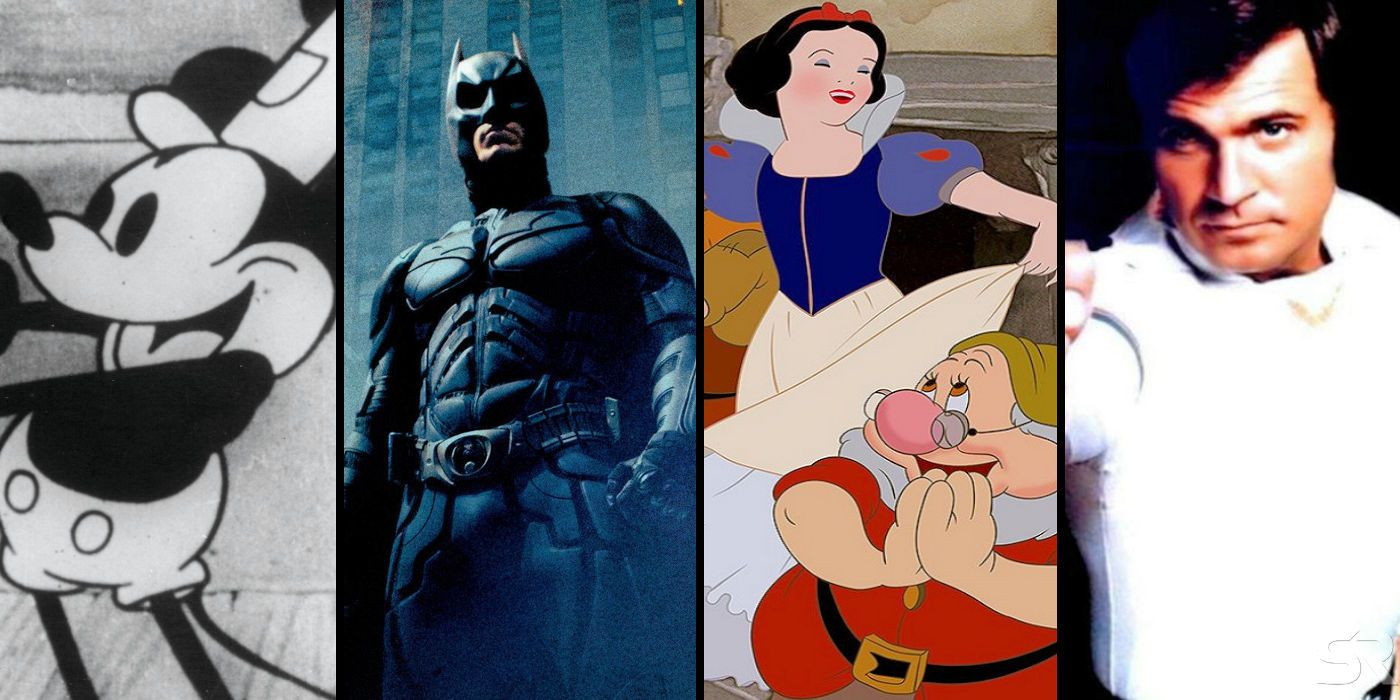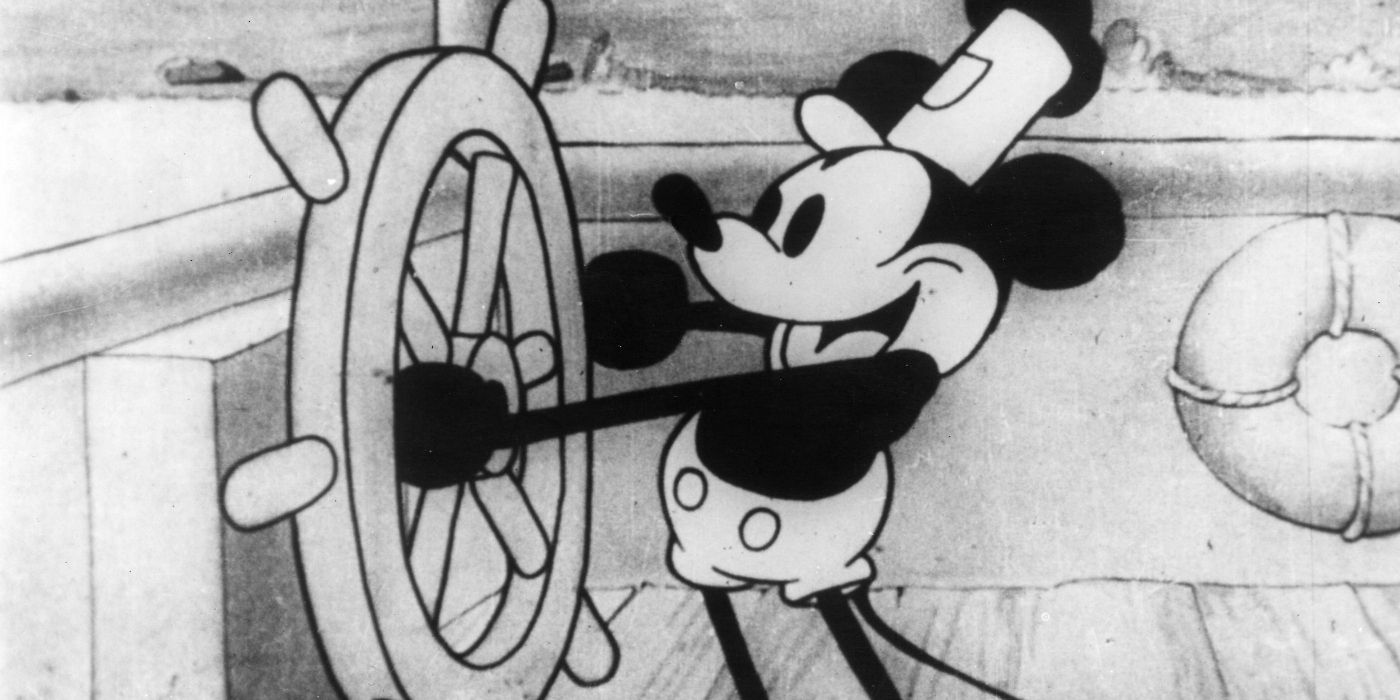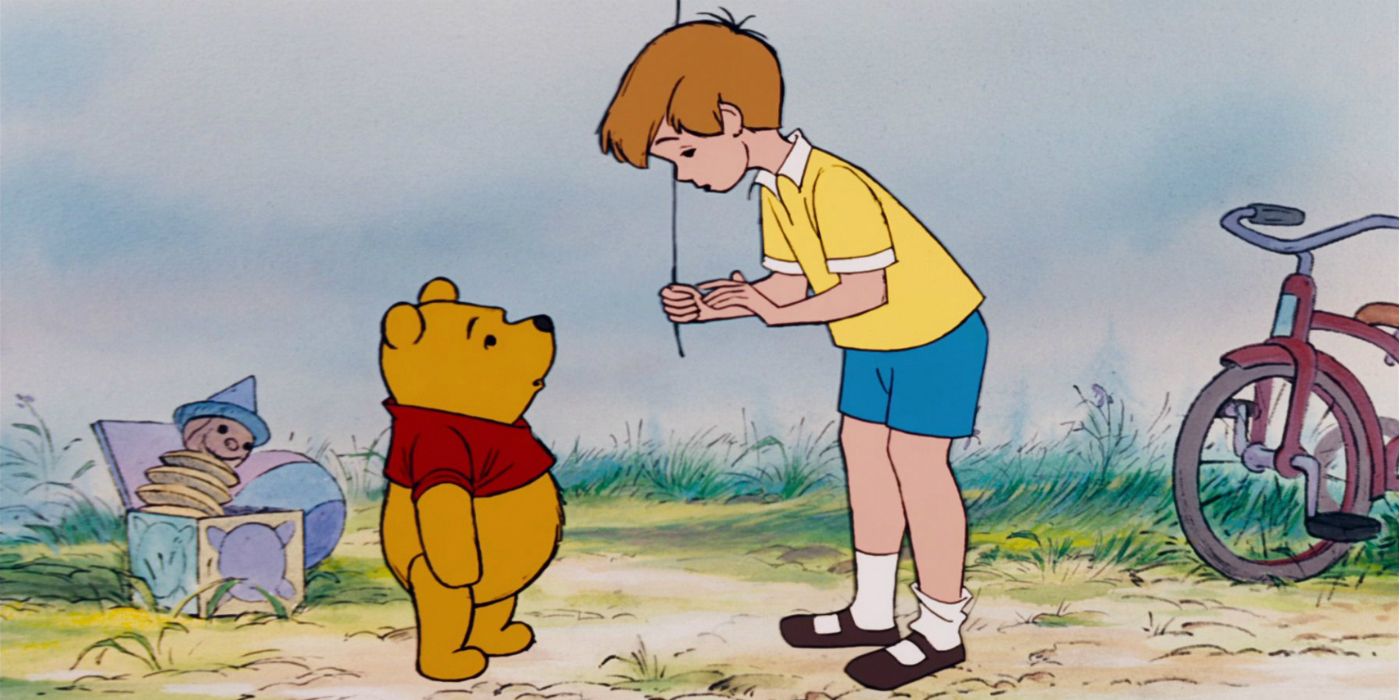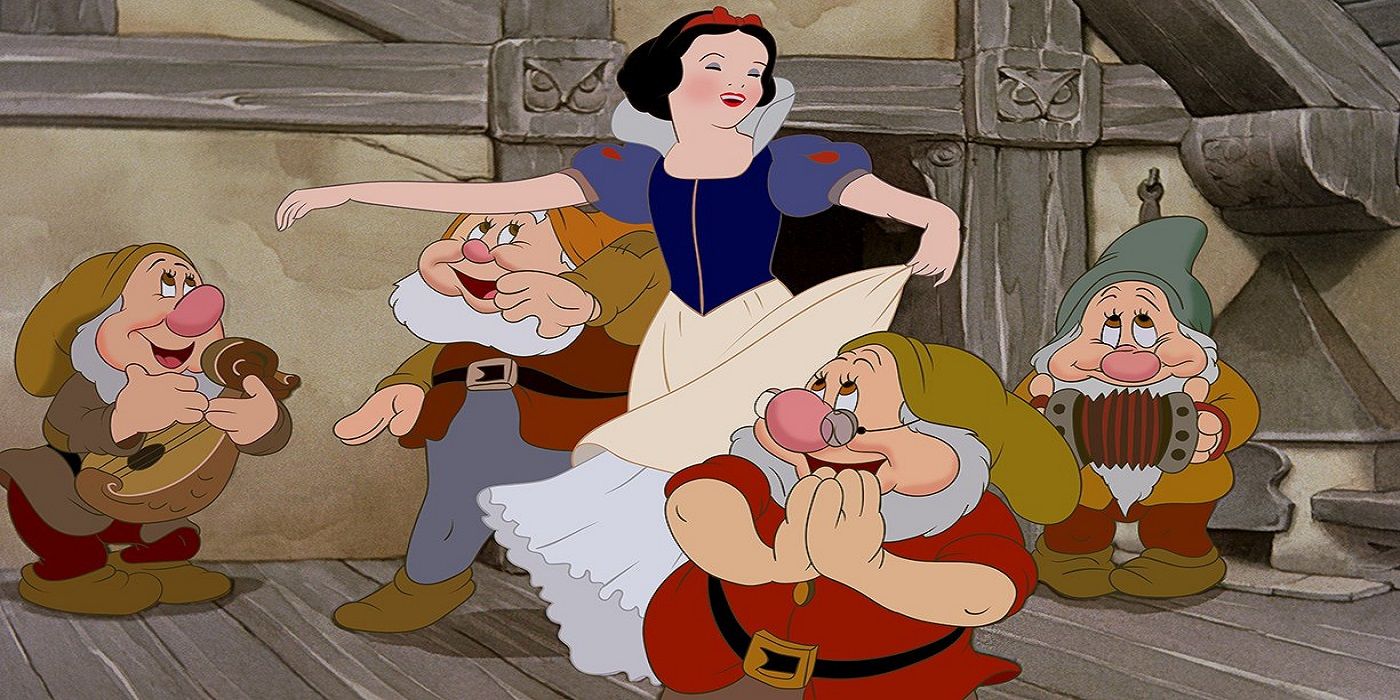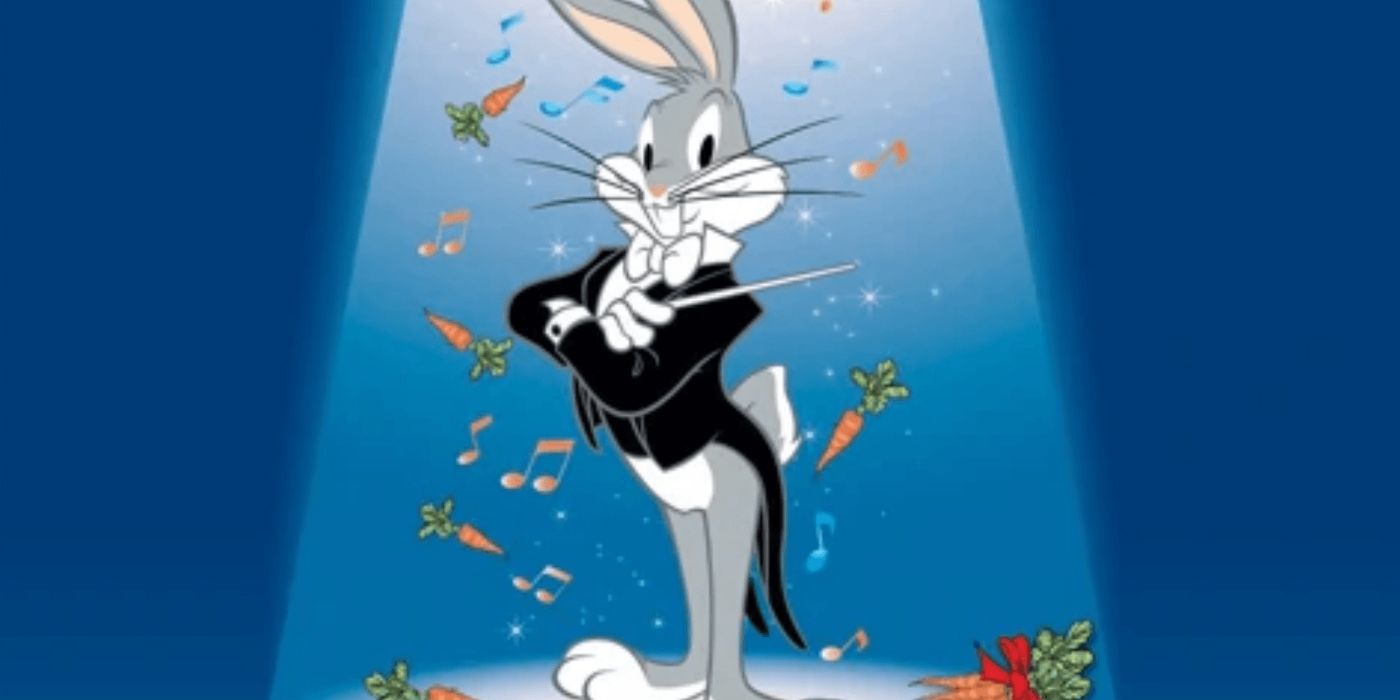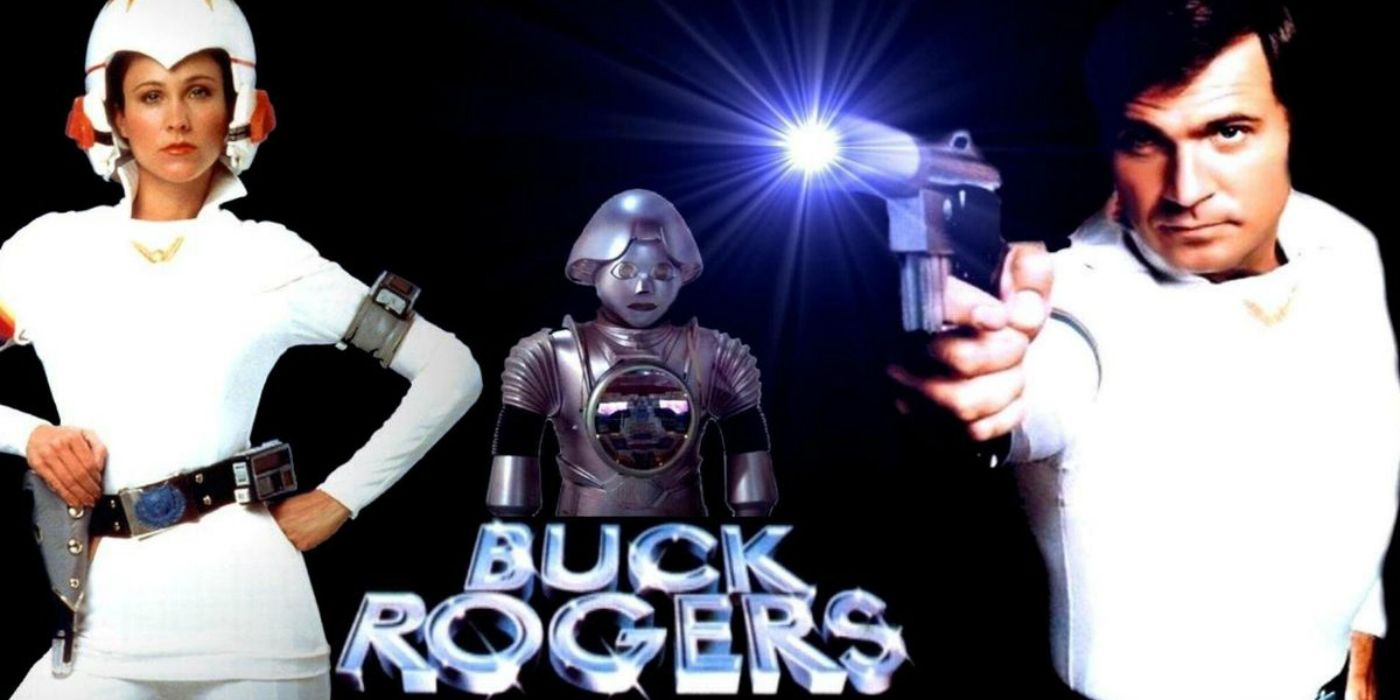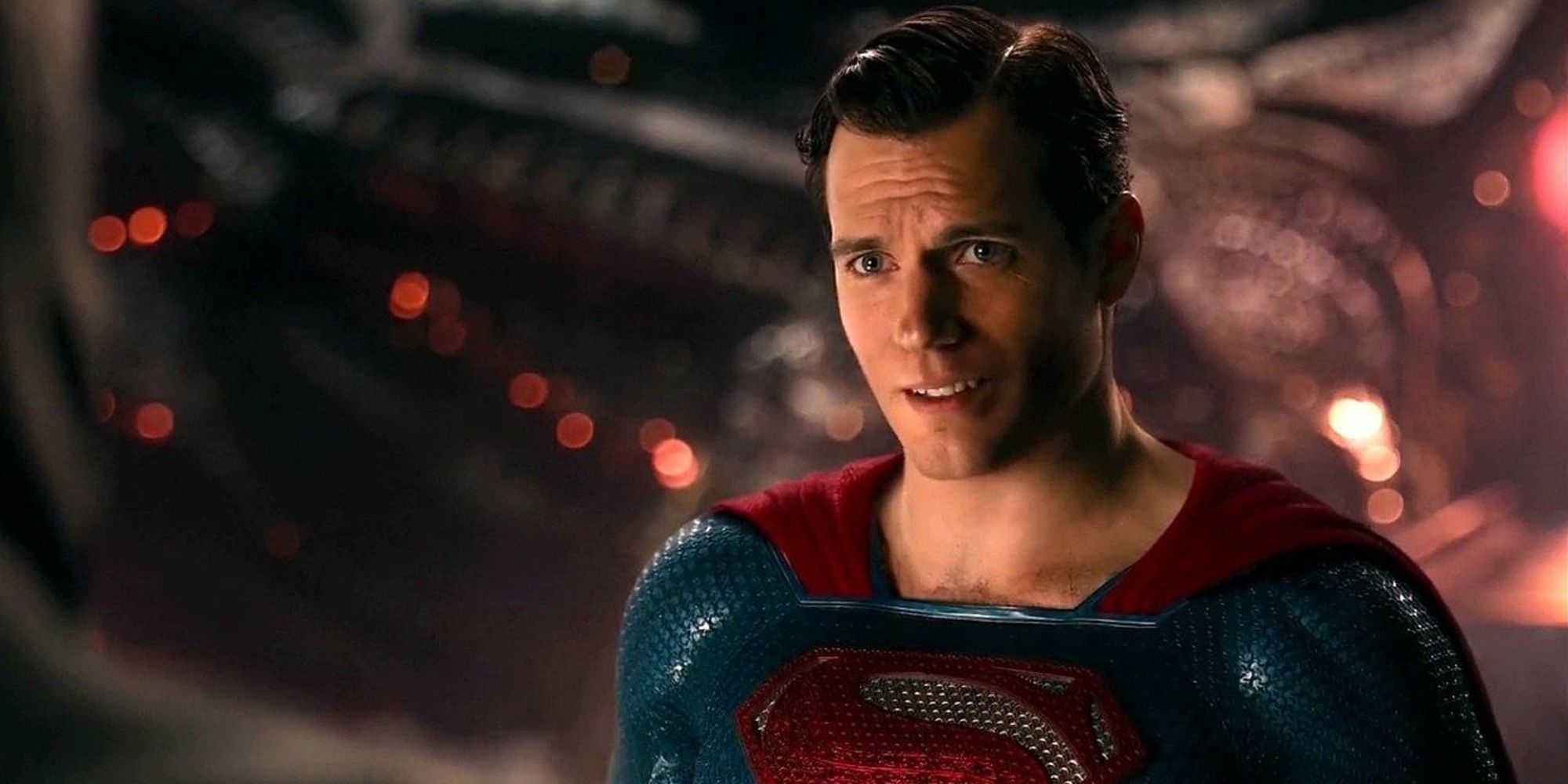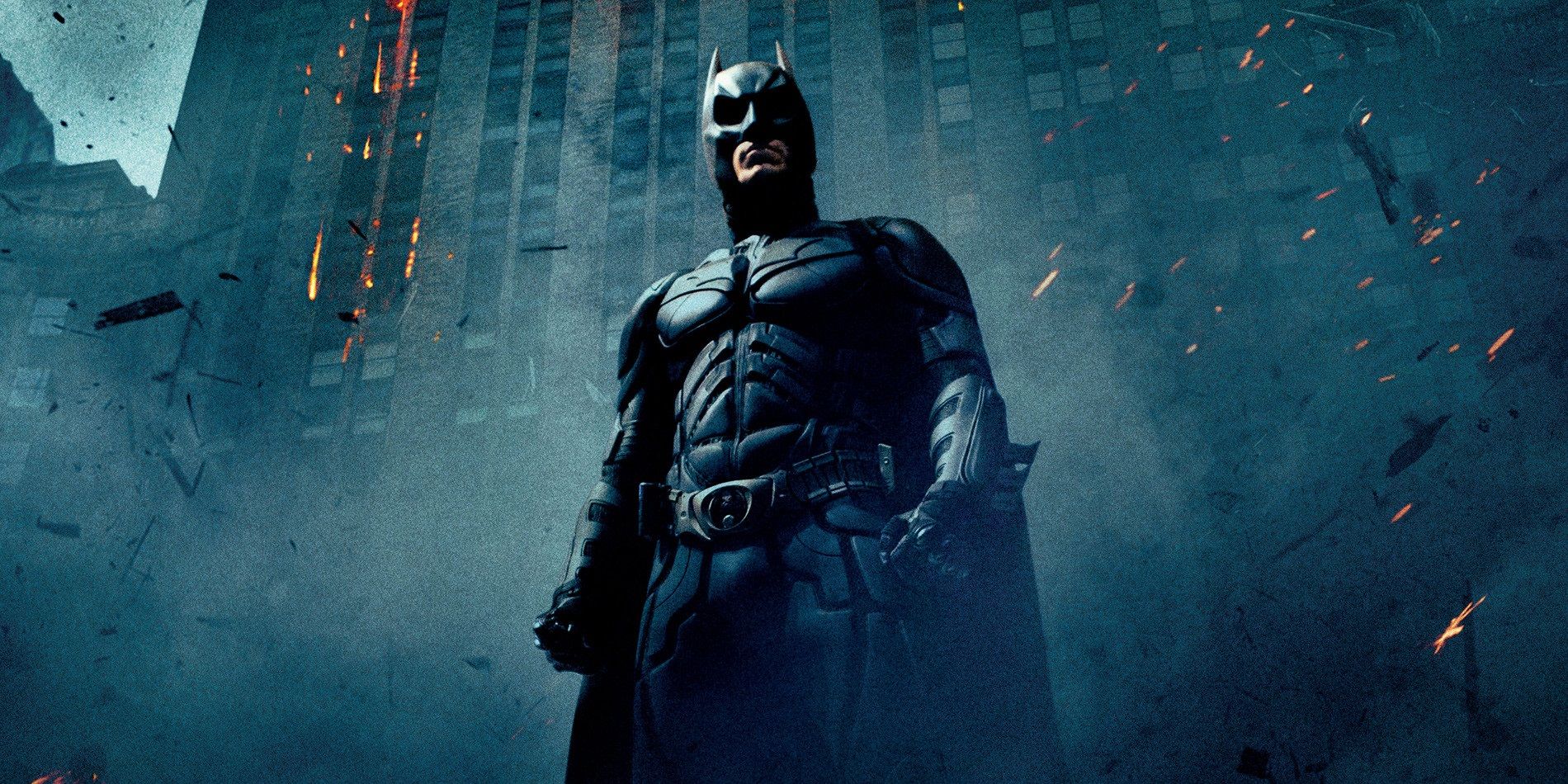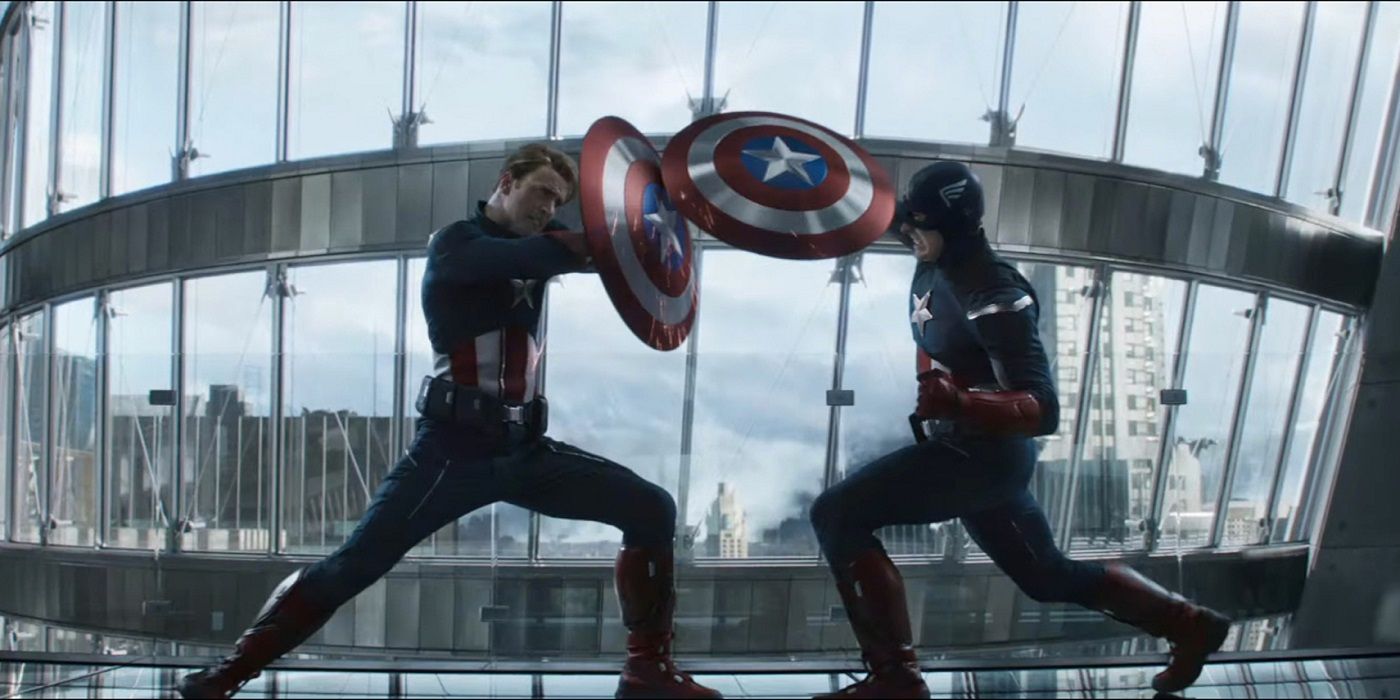Disney's corporate lobbying means a whole host of characters and concepts are still in copyright, when they'd otherwise be in the public domain. The relationship between Disney and Sony Pictures recently broke down, with the Marvel Cinematic Universe losing Spider-Man as a result. In an ironic twist, without Disney's lobbying, Spider-Man would be in the public domain by now.
Disney has long been fighting a running political battle to ensure the copyright license to Mickey Mouse continues for as long as possible. As a direct result of Disney's lobbying, in 1976 and again in 1998, Congress extended the duration of copyright to allow Disney to keep Mickey safe and secure. These extended copyright terms have had a strange effect on the entertainment industry, especially given film studios and networks increasingly depend on old and established franchises. If not for Disney, a number of high-profile superheroes would now be public domain, which would have a profound impact on Hollywood.
There are literally hundreds of established franchises that are still protected because of Disney's corporate lobbying. Let's take a look at some of the ones that are only protected because of the last extension, in 1998.
Mickey Mouse
The most obvious one is Mickey Mouse's origin story, Steamboat Willie, which Disney has been scrambling to protect all this time. The copyright to Steamboat Willie is currently set to expire in 2024, which will bring Disney's best-known character into the public domain. The House of Mouse seems to have accepted defeat at last, and there's no evidence they're intending to push for another extension.
Winnie the Pooh
Created by A.A. Milne in 1924, Winnie the Pooh is a very important bear indeed. Comic book pioneer Stephen Slesinger bought the copyright from Milne in 1930, and his widow licensed the rights to Disney in 1953. In 1991, the Slesinger family sued Disney, claiming they'd been short-changed in the deal, and the court case dragged out some 18 years before the House of Mouse emerged triumphant. The irony is that the copyright would have long since expired if not for the 1976 extension, and anyone would be able to use Winnie the Pooh. The bear of very little brain will become public domain in 2026.
Snow White
The general story of Snow White and the Seven Dwarves is long since public domain, but Disney's specific portrayal is copyrighted until 2032. Until then, anyone can make a Snow White story, but the House of Mouse alone can call the Dwarves Grumpy, Sleepy, Sneezy, Dopey, Happy, Bashful, and Doc. What's more, Snow White isn't the only Disney film currently protected thanks to the extensions to copyright; the same is true of Pinocchio as well.
Bugs Bunny
Ironically, Disney's corporate lobbying also secured extended copyright for some of their rivals' trademarks as well. Take the example of Bugs Bunny, whose first story falls into the public domain in 2035. There's some discussion on whether Warner Bros. will attempt to claim Bugs is their "intellectual property," which may give them a way to keep the bunny to themselves for a little longer. It would, no doubt, be contested.
Buck Rogers
In 2015, veteran producer Don Murphy (Natural Born Killers, Transformers) announced that he was beginning work on Armageddon 2419, a movie that was based on Philip Nowlan's first Buck Rogers novel. Unfortunately, he sound wound up embroiled in copyright law, simply because the character is never named "Buck" in that first book, and it's wound up going to court. In the case of Buck Rogers, different aspects of the hero's character and arc will become public domain depending on when they were published. Again, this issue would have passed long ago if not for the copyright extensions.
Superman
Comic books are big business nowadays, if only because they inspire some of the biggest Hollywood blockbusters of all time. But, if not for the copyright extensions of 1976 and 1998, a lot of iconic characters would have begun to enter the public domain. How would Warner Bros. deal with a world in which anyone could make a Superman film? THR spoke to a Warner Bros. lawyer, who contended that trademark law - a separate form of intellectual property - may apply in this case. They further pointed out that not everything is black and white when dealing with serialized works like comic books. "Superman's power of flight was not introduced until some years after the character first appeared," they noted. The copyright will begin to expire in 2033, and it's safe to say this one's going to wind up in court.
Batman
Superman isn't the only DC superhero to be affected by this. Batman was created in 1939, and his copyright is currently due to end in 2034. This will prove quite an interesting case, because Batman is well known for the quality of his rogues' gallery, and many of those characters - including the Joker - won't be in public domain for a few years after. Even Batman's loyal butler Alfred Pennyworth wasn't created until 1943, meaning he can't be used until 2038.
The problem facing Warner Bros., though, will be that many of Batman's core attributes are implied in the original comics. In 2014, the Conan Doyle estate attempted to strengthen Sherlock Holmes copyright in court, and failed. As influential Judge Richard Posner observed, "the ten Holmes-Watson stories in which copyright persists are derivative from the earlier stories, so only original elements added in the later stories remain protected." Again, this will be tested in court - and given the strength of the Batman brand, it's safe to say Warner Bros. will do everything in their power to keep the Dark Knight safe.
Captain America
Marvel's heroes were generally created later, in the 1960s and beyond, and so wouldn't yet be affected by this copyright debate. One exception, however, is Captain America himself. He was created in 1941 and, without the 1998 legislation, he'd be in public domain as well; in this case, the copyright will expire in 2036. This is one case where the serialized nature of comic books really will kick in, though. As an example, his sidekick Bucky Barnes will lose copyright in 2036 as well, but Bucky's later Winter Soldier identity certainly wasn't implicit in the original comics. That particular arc will be safe until 2100.
-
The current extended copyright terms have had a strange effect on American culture. Companies like Disney and Warner Bros. remain focused on characters and concepts that are decades old, rather than creating new brands, and as a result, nostalgia has become the driving force of contemporary society. The current Golden Age of superhero films is largely based on characters from the 1940s through to the 1960s, and few new brands have the power of superheroes like Batman, Superman, Iron Man, the X-Men, and Captain America. The world would no doubt be very different if copyright terms were shorter, and if corporate lobbying hadn't successfully changed the laws to protect a certain mouse.

